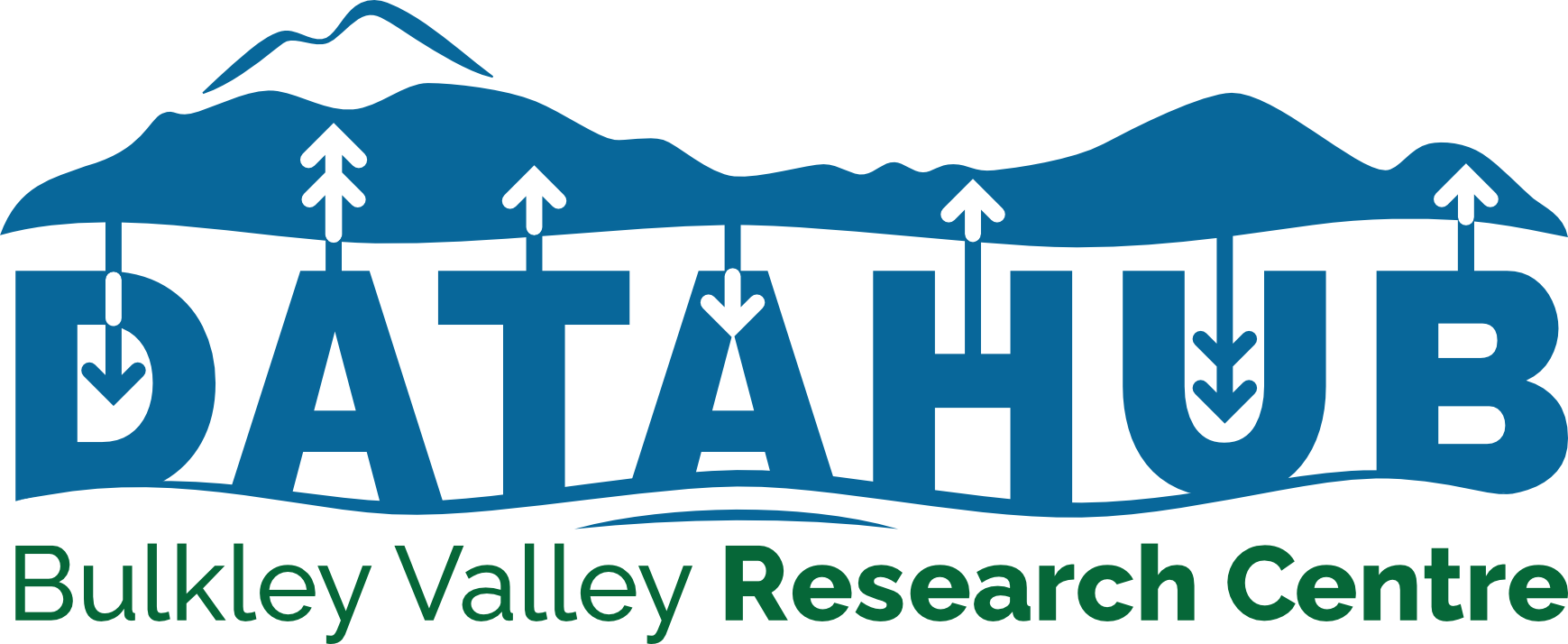INTRODUCTION
A Predictive Ecosystem Mapping (PEM) project is being contemplated for the North Slope of Yukon (east of the Babbage River). The North Slope study area covers 8,400 km2along the northeast coastline of Yukon. The PEM would be an important base for assembling data on wildlife populations, habitats and traditional aboriginal use and occupancy by the Wildlife Management Advisory Council (WMAC NS). The WMAC objective is to support and inform strategies and approaches for a revised Wildlife Conservation and Management Plan within the context of an ELC. ELC program involvement to support development of an ELC and map of the North Slope would consistent with its 5-year strategic plan in to provide a foundation of ecological information for sustainable resource planning and management.
The Yukon North Slope falls under a special conservation regime (section 12(2) of the IFA) whose dominant purpose is the conservation of wildlife, habitat and traditional aboriginal use. Section 12(20) of the IFA addresses the area east of the Babbage River and states that area shall be designated as an area in which controlled development may take place. In this context it is important to remember that ELC and mapping is used as a fundamental base for describing and mapping landscapes and ecosystems.
Currently no such fine-scaled ecological map exists for the eastern North Slope although landcover, bioclimate zone and subzone, and coarse surficial geology mapping is available for the area. The PEMmap legend and methods are intended to be similar to a PEM produced for the adjacent Ivvavik National Park (Fraser et al. 2012). Part 1 of this report summarizes the Ivvavik PEM process and how a similar PEM might be produced for Yukon North Slope. Part 2, identifies tactical plan options (resources, budget and funding sources) to produce a PEM for the North Slope.

